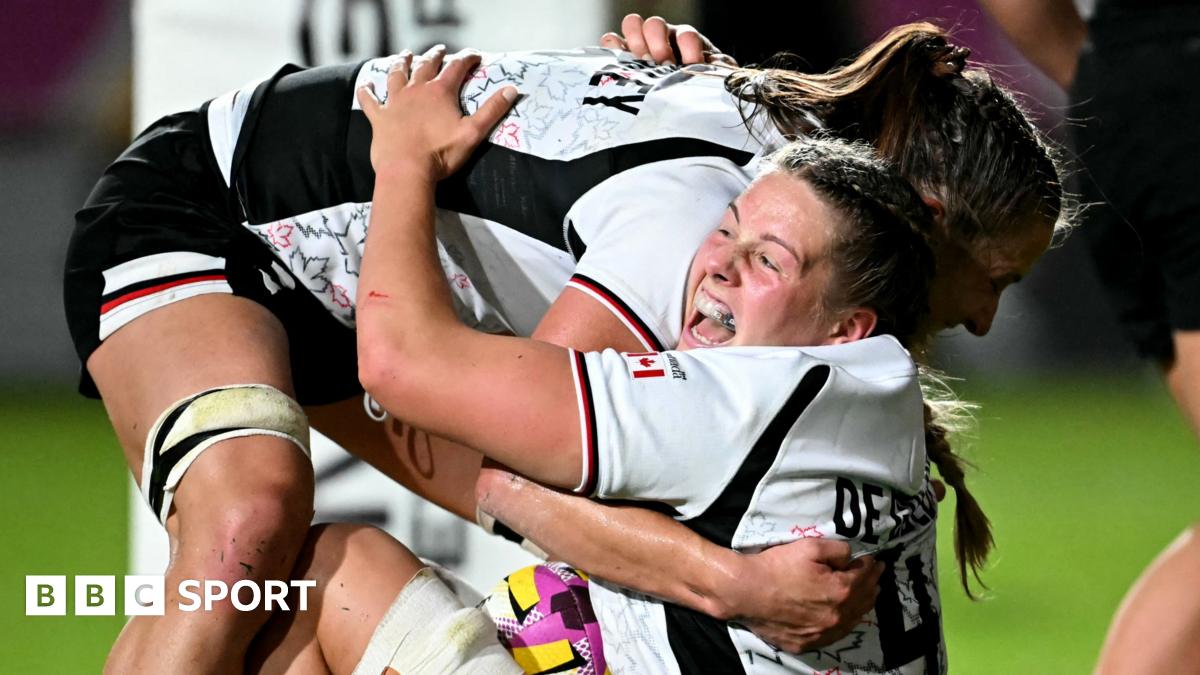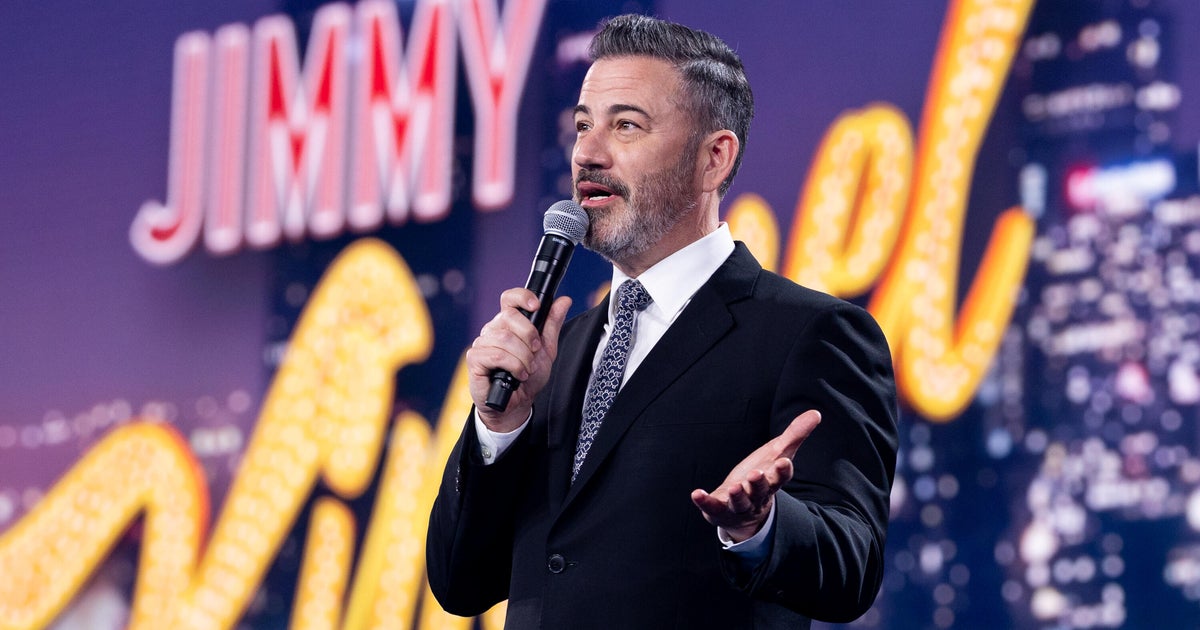I’m a retiree in a valuable home. Should I get a reverse mortgage?
Opinion
September 20, 2025 — 5.01am
September 20, 2025 — 5.01am
I read your article in the SMH recently and kept it for future reference. I am a typical, older self-funded retiree living in a valuable home – should I consider a reverse mortgage? Where do I start? What are the considerations, and what could it ultimately cost? We intend to continue to live here but are keen to free up some of the equity. Peter
Peter, the Latin roots of the word mortgage are “mort” meaning death and “gage” meaning pledge. Yes, it’s a death pledge.

Before committing to a reverse mortgage, you’ll need to sit down and seriously crunch some numbers.Credit: iStock
Except that a regular home loan is not. A reverse mortgage, however, is indeed a pledge to pay on death – and that’s not as bad as it may sound.
Backing up for other readers, a reverse mortgage is like a normal mortgage in that you borrow a chunk of money on which you pay interest, but there are no required monthly repayments. Instead, the interest rolls up and is added to the loan amount.
A reverse mortgage is required to be repaid only when you die. (You can also repay it before then from other funds, and you will need to repay it if you sell the house.)
Loading
The point – as you say, Peter – is to get at the equity that is tied up in your home so you can, well, eat it. But how much it “eats” into the value of that home is the issue. You don’t say whether you have heirs, or if you do, whether you want to leave them anything.
Here’s an interesting twist on that: some people are taking out reverse mortgages to give their kids a living inheritance – for example, to help them with housing.
With no set loan end date, the interest rate on a reverse mortgage is expensive – expect it to be at least 100 basis points more than a normal interest rate. It’s also usually variable – so the outlook for interest rates is a factor.
Another factor is the age at which you take out a reverse mortgage. They are mostly available only from age 60, and because the debt rolls up, the older you are, the more money you can borrow.
But note that under Australian law, your debt can never grow to be more than the value of your home. (The lender has to suck that up, if so, and allow you to continue living in your home until you choose or pass away.)
Which brings me to the third key element in how much a reverse mortgage will ultimately cost: property prices. The dream scenarios is that you wait to take one out as long as you can, interest rates fall and stay low, and property prices continue to climb.
Indeed, it’s even possible the equity remaining in your home after you take out the product could stay the same.
I’ve done some projections using the calculator at MoneySmart, assuming you are 65 years old today and extract $300,000 in equity from a $1.5 million property. Note that will be about the maximum you can get out at that age.
At current interest rates (the calculator assumes 7 per cent), even if the property only increases in value by 2 per cent a year, you would have the same equity remaining in year 15 as you initially left there: about $1.2 million.
Loading
Any higher house price growth and/or lower interest rate, and your equity would grow over that period. But of course, the opposite could happen, and your debt could consume your home’s full value.
What’s more, if you live to the ripe old age of 98 in our model scenario (so 2 per cent annual property price growth and a 7 per cent interest rate), all your equity will be gone.
Any provider you are contemplating must provide you with debt projections based on the specific circumstances, using this same Moneysmart.gov.au calculator.
But whatever the cost could become over time, the question might actually be: what price is a nice life? Because being able to afford things day-to-day is everything.
Nicole Pedersen-McKinnon is the author of How to Get Mortgage-Free Like Me, available at www.nicolessmartmoney.com. Follow Nicole on Facebook, X and Instagram.
- Advice given in this article is general in nature and is not intended to influence readers’ decisions about investing or financial products. They should always seek their own professional advice that takes into account their personal circumstances before making any financial decisions.
Expert tips on how to save, invest and make the most of your money delivered to your inbox every Sunday. Sign up for our Real Money newsletter.
Most Viewed in Money
Loading


















































